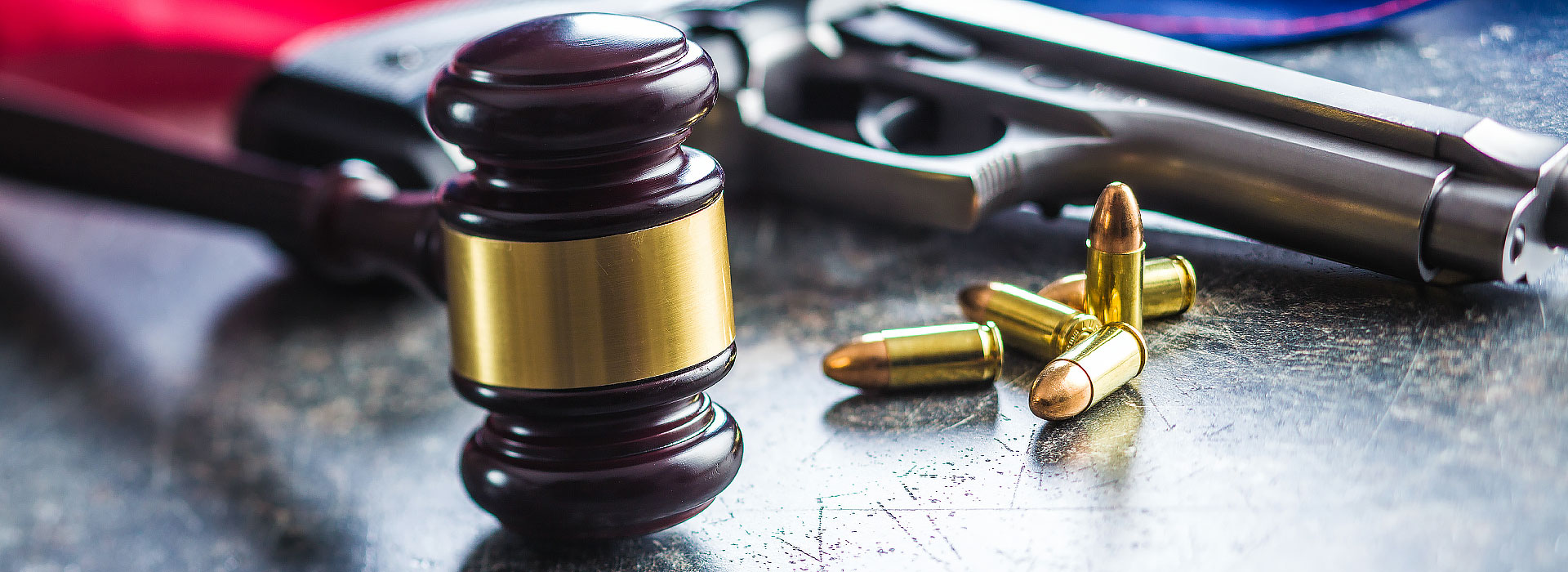Call us now:
Florida Criminal Appeal
If you or a loved one has been convicted of a crime, you should schedule a free consultation with a Florida criminal appellate attorney to seek advice about your right to an appeal. – For information about motions for postconviction relief click here.
If you believe an error occurred during your trial or a legal issue warrants further review, our appellate team will carefully analyze your case, identifying avenues for appeal.
Our skilled legal writers prepare persuasive appellate briefs, meticulously presenting your case to appellate courts. If you have an ongoing appeal but need guidance, our experienced appellate consultants can provide strategic insights.

What are the Steps of a Florida Criminal Appeal?
Following a guilty verdict, the trial court will enter a judgment and sentence. The Florida Rules of Appellate Procedure outline when and how parties can begin the appellate process. It is crucial to begin this step as soon as possible. The first formal step is to file a Notice of Appeal within 30 days. Filing the Notice of Appeal within the deadline initiates the process of pursuing the appeal.
After an appeal has been initiated, the record has to be prepared by the clerk of the court, provided to your attorney, and ultimately transmitted to the reviewing court. The record includes all papers, documents, motions, evidence, and transcripts relating to the trial court proceedings.
Indigent defendants can apply to waive the fees of preparation, but all other appellants must pay for the preparation of the record. There is only generally a 10-day window to begin this preparation after the notice of appeal has been filed.
Once an appeal has been filed, the party who is seeking the appeal (usually a defendant) becomes the Appellant, and the other party (usually the State of Florida) becomes the Appellee.
Florida Criminal Appeal – Appellate Briefs
The first step in the process is filing the Initial Brief by the Appellant to the District Court of Appeal based on where the trial court was located in the State. This is the opportunity for an attorney to lay out the facts of the case, the summary of the argument, a well-researched and full argument of the issues, and the legal authority to be relied upon by the court.
The Appellee then files an Answer Brief where they attempt to lay out their legal arguments and issues in opposition to the Initial Brief. After the Answer Brief has been filed, the Appellant has an opportunity to rebut the arguments made in the Answer Brief in the last document filed before the court, a Reply Brief. Once all of the briefs have been submitted to the court, the case is assigned to a three-judge panel.
Possible Florida Criminal Appeal Results
an appeal can result in a complete exoneration for the Appellant or a new trial. If a reversal of the original trial is obtained, the State must decide whether it wants to go through the process of another trial or whether it even can. Witnesses may no longer be cooperative, have memory issues, or could have moved.
If an appeal is not successful, a motion for rehearing or clarification can be filed with the reviewing court to clarify an overlooked argument or request that they specify the ruling.
Issues with Florida law can be further appealed to the Florida Supreme Court, where the entire process starts over. Arguments based on Federal or Constitutional Law can be further appealed in the 11th Circuit Court of Appeals and then potentially even the Supreme Court of the United States.
Appeals typically take a year to be resolved.
Common Areas of Appellate concern:
Every case is unique, and the potential range of issues that can be argued on appeal or that mayu have some bearing on your case are too numerous to mention, so below you can find some of the more common concepts which can help you think what can be appealed in a case generally and how the criminal Courts analyze cases in the context of appeals.
Jury problems
- A member was not fit to serve
- The selection process prejudiced the defendant
Evidence issues
- Evidence was excluded that should have been seen by the jury
- Evidence was inappropriately entered, and this caused prejudice for the jury against the defendant
Prosecutorial misconduct – this means you have some evidence or argument of a discovery violation or some sort of improper strategy or argument used by the prosecution.
Misapplication of the law by the judge – appeals are frequently ways to challenge Judicial errors, and below are some ways in which Judges make mistakes that need to be addressed in an appeal.
- Jury instructions were not proper
- Judge did not rule correctly on crucial issues
- A motion to suppress evidence was improperly denied
- A motion to dismiss should have been granted
- Sentencing was not handled properly
- A Stand your Ground/Immunity proceeding was not properly held or ruled upon
- A motion for a mistrial was improperly denied
- A motion for a judgment of acquittal was improperly denied
- A motion in limine was improperly denied
- A competency proceeding was not properly held or ruled upon
Get Informed by a Board Certified Criminal Defense Attorney
Criminal Defense Lawyer Matt Landsman at Landsman Law helps people accused of crimes in Gainesville, Alachua County, Levy County, Gilchrist County, and surrounding areas of north Florida. If you need help for yourself or a loved one contact Criminal Defense Attorney Matt Landsman for a free consultation today. For help with any Criminal Matter from Board Certified Criminal Trial Lawyer Matt Landsman
If you are charged with a crime it is important to be well informed regarding the charges against you, your legal rights, options which may be available to you, viable defense strategies, and appellate help if things don’t go your way. Call Gainesville Defense Lawyer Matt Landsman for a free consultation today.
